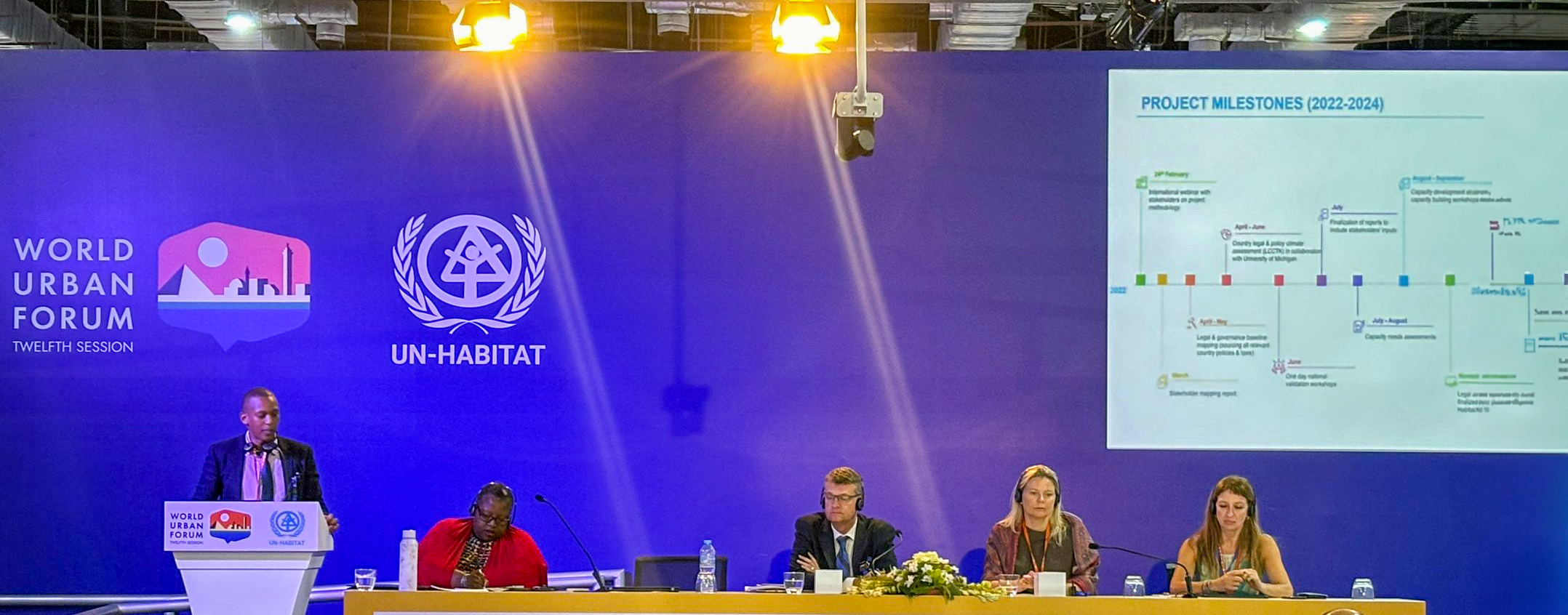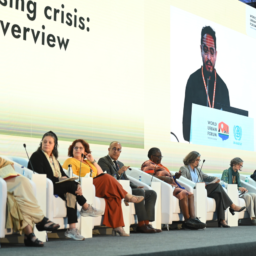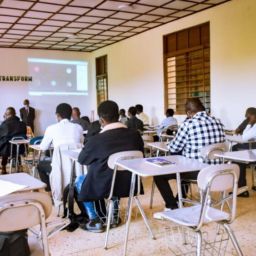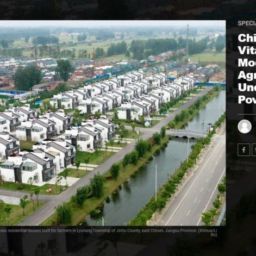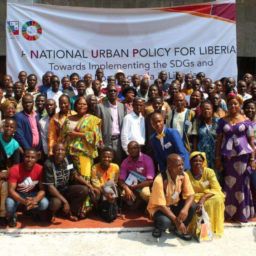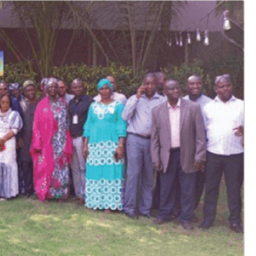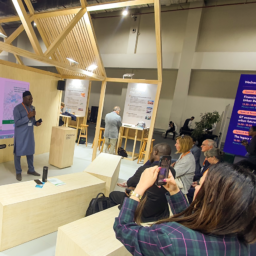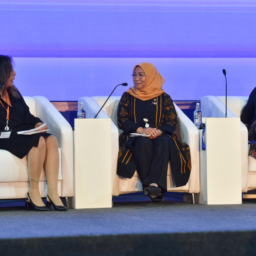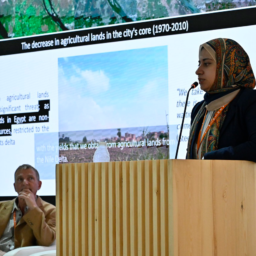Cairo, 5 November 2024
Promoting Climate-Resilient Cities
On November 5, 2024, in Cairo, 65 experts gathered for a pivotal event titled “Promoting Climate-Resilient Cities Through Climate-Smart Urban Laws.” Moderated by Mr. Steffen Krueger, Egypt KAS Country Director, the session emphasized how participatory governance and innovative legal frameworks can address climate vulnerabilities.
Ms. Anne Amin, Legal Specialist at UN-Habitat, highlighted the urgency of urban resilience. She noted that over 80% of cities have experienced a temperature increase of at least 0.5°C since 2000. Amin underscored the collaboration between UN-Habitat and Konrad-Adenauer-Stiftung (KAS) to support legal advancements in Malawi, Namibia, and Zimbabwe.
Key challenges in climate legislation
Designing effective laws
Ms. Maria Mousmouti, from the Institute of Advanced Legal Studies, stressed the importance of measurable, adaptable, and goal-oriented laws. She cited the U.S. Clean Air Act as a model, showcasing how clear objectives and monitoring can yield impactful results.
Governance gaps
Mr. Samuel Njuguna, Urban Law and Governance Expert at UN-Habitat, introduced the Urban Law Module from the Law and Climate Change Toolkit. This tool identifies governance gaps and offers practical guidance on zoning, green spaces, and sustainable climate financing.
Case study: Malawi
Lady Justice Zione Ntaba illustrated systemic issues in Malawi, such as limited fiscal decentralization and weak enforcement of planning laws. She emphasized the need to bridge gaps in environmental protection and urban governance, challenges mirrored in many developing countries.
Solutions for better urban laws
Participants explored strategies to tackle these legislative challenges:
- Urban Law Module: This tool evaluates laws and provides actionable recommendations. In Malawi, it trained 56 students through the “Advancing Climate Action Through Urban Law” e-learning course, fostering institutional capacity.
- Fiscal decentralization: Greater autonomy for cities to implement plans and access funding emerged as a top priority.
- Grassroots engagement: Public participation and revising outdated laws were deemed essential for sustainable development.
Collaborative paths forward
The session concluded with a call for collective action. Stakeholders agreed on the importance of building networks to advocate urban legislative reforms.
Mr. Njuguna emphasized, “In a changing climate, cities are on the frontlines. Climate-smart laws are essential for adaptation, mitigation, and safeguarding communities.”
Outcomes and future directions
The event delivered key takeaways, including actionable recommendations for fiscal decentralization, expanded use of the Urban Law Module, and frameworks for dialogue and knowledge sharing.
Ms. Mousmouti aptly summarized, “Effective climate and urban laws are not optional but fundamental to achieving the Paris Agreement’s goals.”
Outbound Links
- Learn more about the UN-Habitat Climate Toolkit
- Read about the Konrad-Adenauer-Stiftung Energy Program
This collaborative initiative reaffirms the need for dynamic urban legislation to empower cities and communities worldwide, turning climate challenges into opportunities for resilience and innovation.
Additional Readings:
- Assessment of Malawi Legislation through the Urban Law Module of the Law and Climate Change Toolkit– Full Report.
- Assessment of Namibia Legislation through the Urban Law Module of the Law and Climate Change Toolkit– Full Report.
- Assessment of Zimbabwe Legislation through the Urban Law Module of the Law and Climate Change Toolkit– Full Report.


